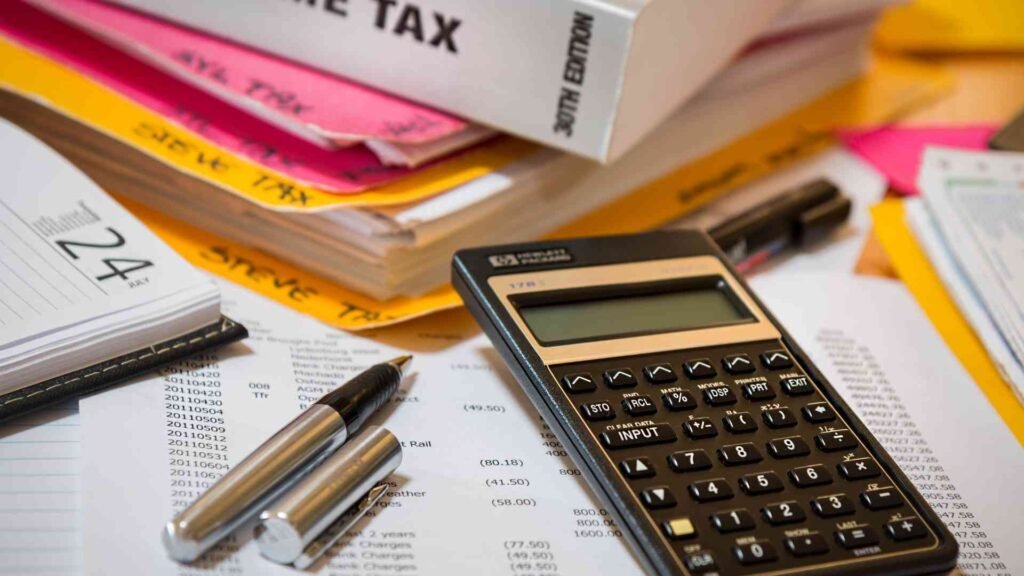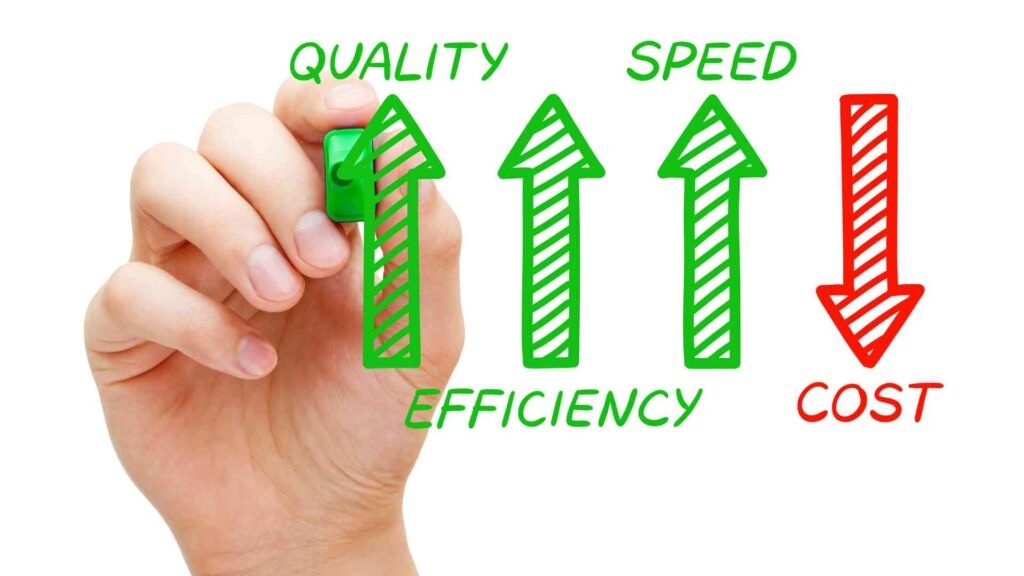Tips for Maintaining the Integrity and Security of Your Accounting.
In today’s digital age, the integrity and security of accounting data are paramount for businesses of all sizes. Ensuring that your financial records are accurate, protected, and accessible only to authorized personnel is crucial for maintaining trust with stakeholders and complying with regulatory requirements. Let’s delve into essential tips to safeguard the integrity and security of your accounting data effectively.
Importance of Data Integrity and Security
Accounting data integrity refers to the accuracy, completeness, and reliability of financial information, while security focuses on protecting this information from unauthorized access, breaches, or loss. Both aspects are essential for:
Trust and Compliance: Stakeholders, including investors, regulators, and clients, rely on accurate and secure financial data for decision-making and compliance purposes.
Operational Continuity: Data breaches or loss can disrupt operations and damage reputation, emphasizing the need for robust security measures.
Financial Accuracy: Maintaining data integrity ensures that financial reports and statements reflect the true financial health of the organization.
Tips for Maintaining Integrity and Security
1. Use Secure Software: Invest in reputable accounting software with built-in security features, regular updates, and data encryption to protect sensitive information.
2. Implement Access Controls: Limit access to accounting systems and data based on job roles and responsibilities. Use strong passwords, multi-factor authentication (MFA), and regular password updates.
3. Backup Regularly: Regularly back up accounting data to secure locations, such as cloud storage or external hard drives. Ensure backups are encrypted and accessible in case of data loss or system failure.
4. Train Staff: Educate employees on data security best practices, phishing awareness, and the importance of maintaining data integrity. Conduct regular training sessions and provide resources to reinforce security protocols.
5. Monitor and Audit: Regularly monitor access logs, audit trails, and financial transactions for anomalies or unauthorized activities. Conduct periodic security audits to identify vulnerabilities and improve defenses.
6. Stay Compliant: Stay updated with regulatory requirements, such as GDPR, HIPAA, or industry-specific standards, to ensure compliance with data protection laws and regulations.
Conclusion
Maintaining the integrity and security of your accounting data is an ongoing commitment that requires proactive measures and vigilance. By implementing robust security protocols, leveraging secure technology solutions, and educating your team on best practices, you can safeguard sensitive financial information and maintain trust with stakeholders. Prioritizing data integrity and security not only protects your business from potential risks but also strengthens your reputation as a reliable and responsible organization in the marketplace.
By following these tips, businesses can enhance their data protection efforts, mitigate risks, and uphold the highest standards of financial integrity and security in today’s dynamic business environment.








